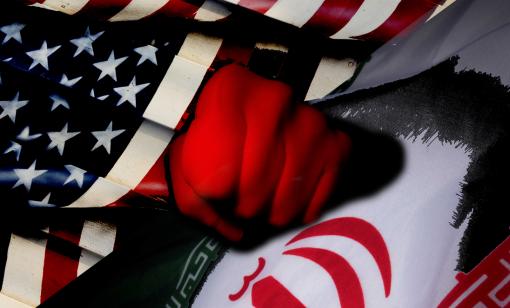Imports
Imports
US Refiners Warn Mexico Tariffs Could Result In Higher Fuel Prices
U.S. refiners warned the Trump administration that tariffs on imports from Mexico could deliver a punishing blow to refiners and raise the cost of gasoline just as the U.S. driving season kicks into high gear, according to sources familiar with the discussions.
Liquefied Natural Gas (LNG) , Crude Oil , Imports , International , Midstream
Trade War Unlikely To Hurt US Oil And Gas, Report Says
In the short term, at least, U.S. exporters have other customers to fill the gap left by China.
Imports , Shale Plays , Pipelines
Kinder Morgan's Gulf Coast Express Pipeline Hit With Steel Tariff
Kinder Morgan Inc. will pay a tariff on imported steel used in a $1.75 billion natural gas pipeline project, the U.S. Department of Commerce ruled on May 6.
Crude Oil , Imports , Tankers
China’s Sinopec Resumes US Oil Imports After 6 Months
Refiner’s action signals that risks of importing U.S. crude have lessened.
Imports
UPDATED: US To End All Waivers On Iran Oil Imports, Crude Price Jumps
The United States demanded a cut off of Iranian oil exports to major importers like China and India who had been granted exemptions from sanctions, sending crude prices to six-month highs on fears the U.S. action could lead to a supply crunch.
Crude Oil , Imports
Japanese Refiners Halt Iran Oil Imports As Waiver Expiry Looms
Japan had cut imports by 33% in first nine months of 2018.
Liquefied Natural Gas (LNG) , Imports
Sinopec Prepares To Buy US LNG If Government Approves
With the U.S. and China close to a deal that would roll back tariffs, Sinopec prepares for an $18 billion deal with Cheniere.
Natural Gas , Imports , Construction , Pipelines
EU Gas Pipeline Rules Could Slow Russia’s Nord Stream 2
Draft law would require import pipelines to not be owned directly by suppliers.
Liquefied Natural Gas (LNG) , Natural Gas , Imports , Exports , Storage , Pipelines
Winter Gas Market: So Far, So Normal
The recent Polar Vortex did its damage, but as winter weather goes, say Drillinginfo and Wood Mac, this one is not terribly cold and gas prices are holding steady.
Imports
IEA Chief: Too Early To Assess Impact Of Latest U.S. Sanctions On Venezuela
The International Energy Agency (IEA) has yet to assess the impact of the latest U.S. sanctions on Venezuelan oil supplies, its executive director said on Jan. 30.



